Assistant Principal
Katrina Spicer - Wellbeing and Inclusion
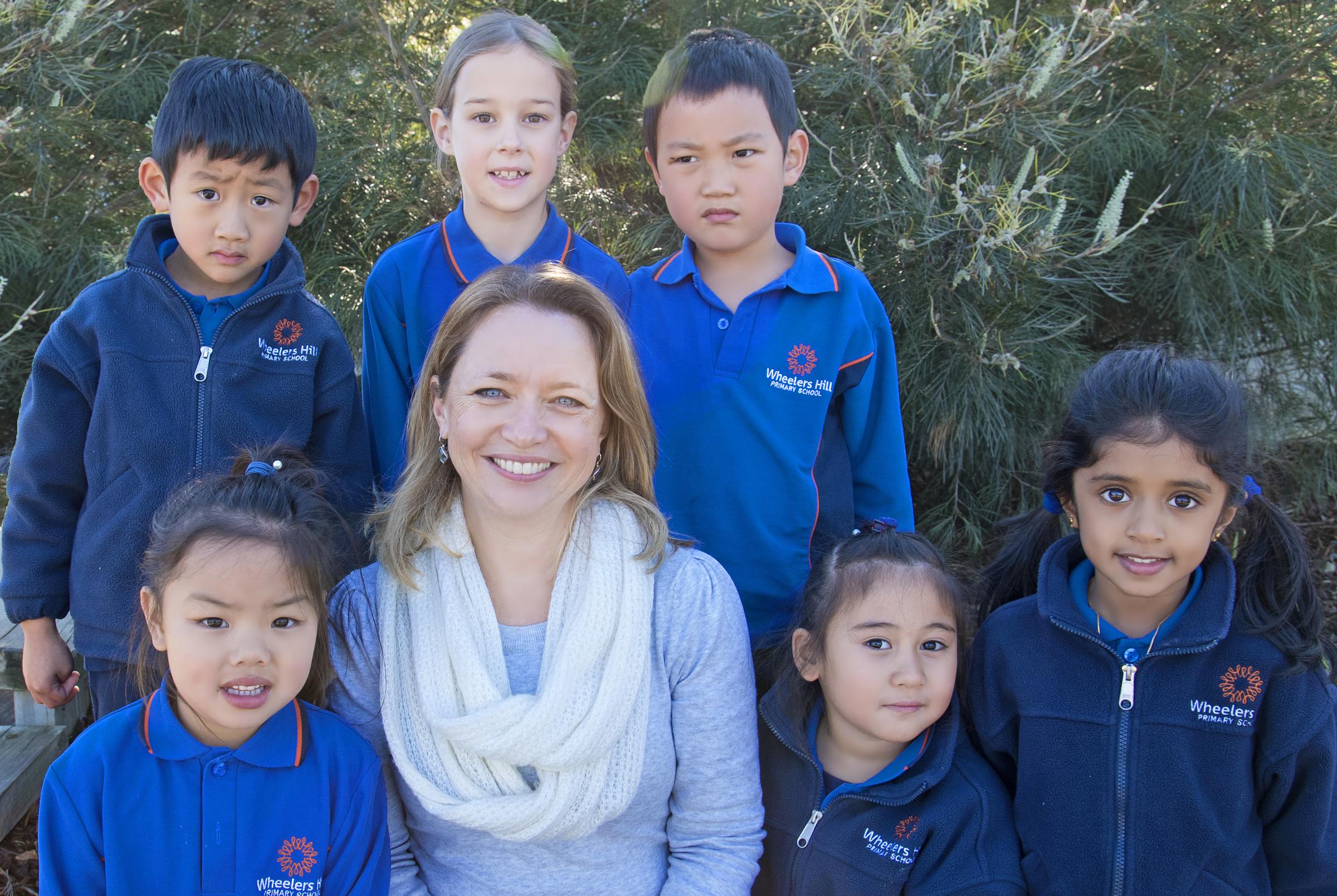
Assistant Principal
Katrina Spicer - Wellbeing and Inclusion
Today's Colour Run today was a huge success!
Enormous thanks go to Ms Laura Pugliese, Ms Lin Liu, Mr Haishi Qin and the members of the SRC for organising such a fun event. What a lovely way to end the week!
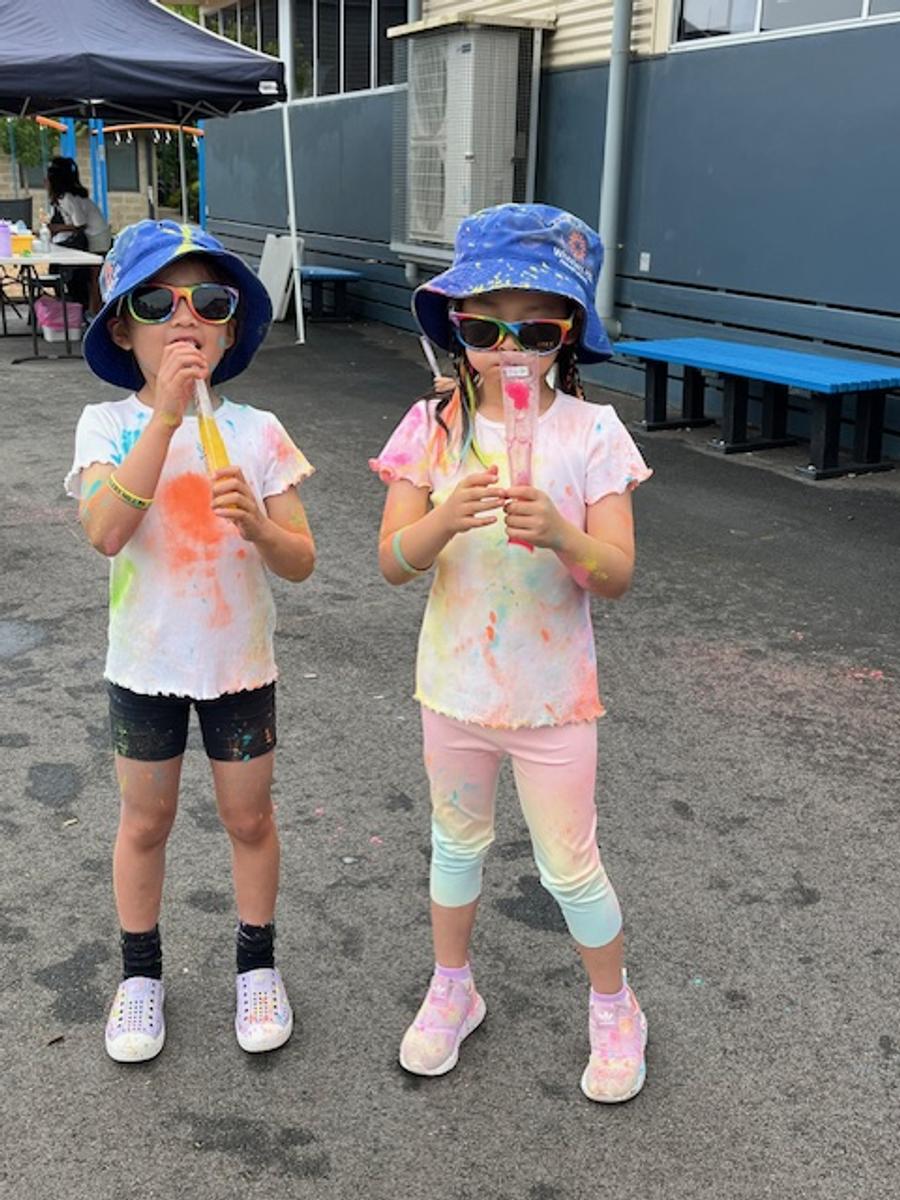
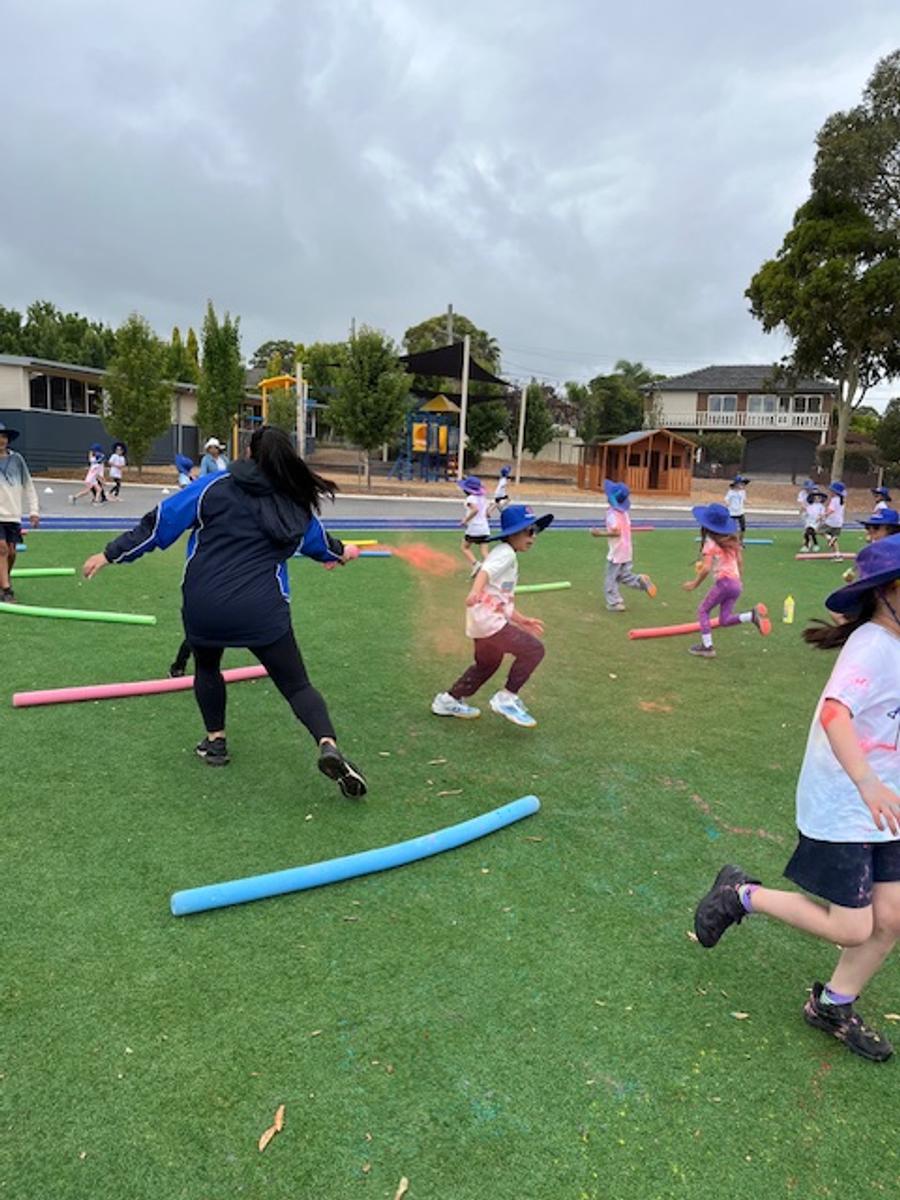
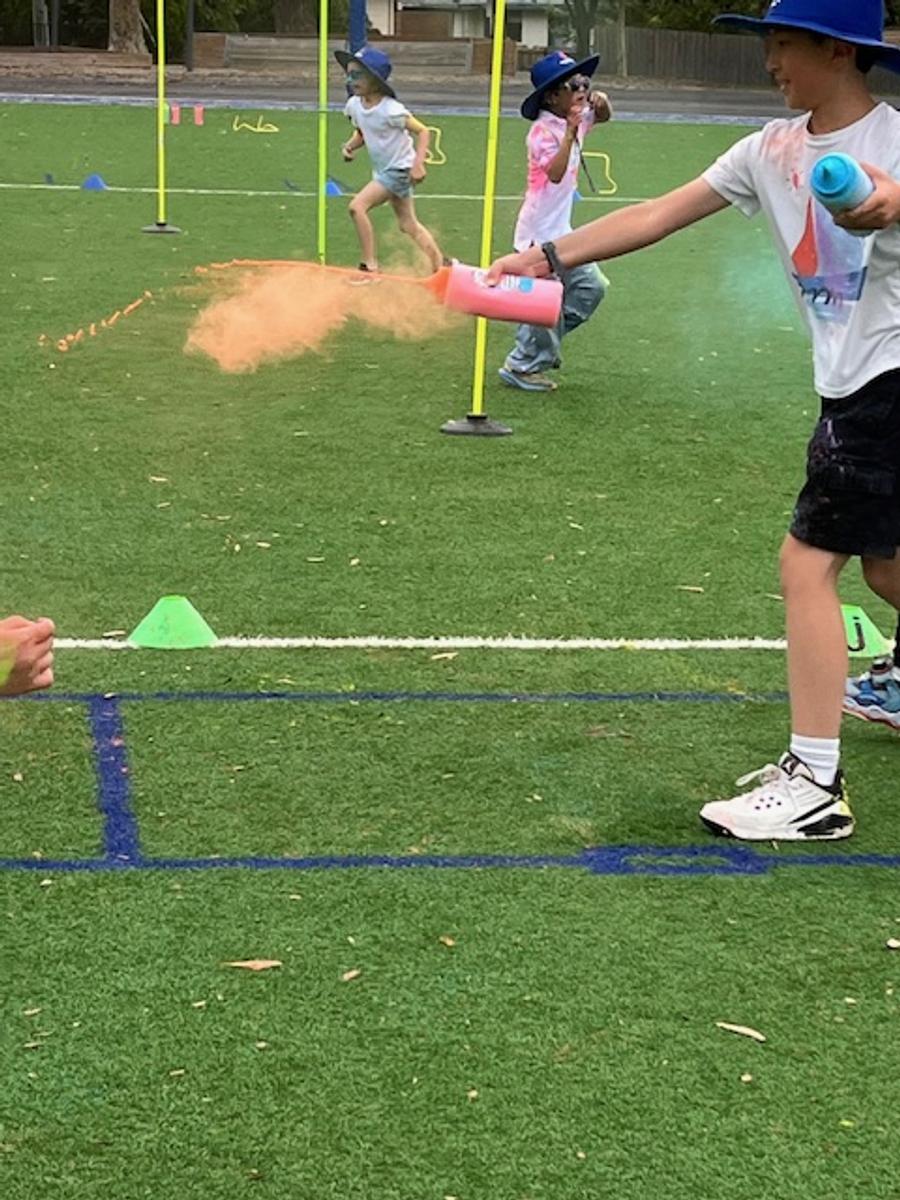
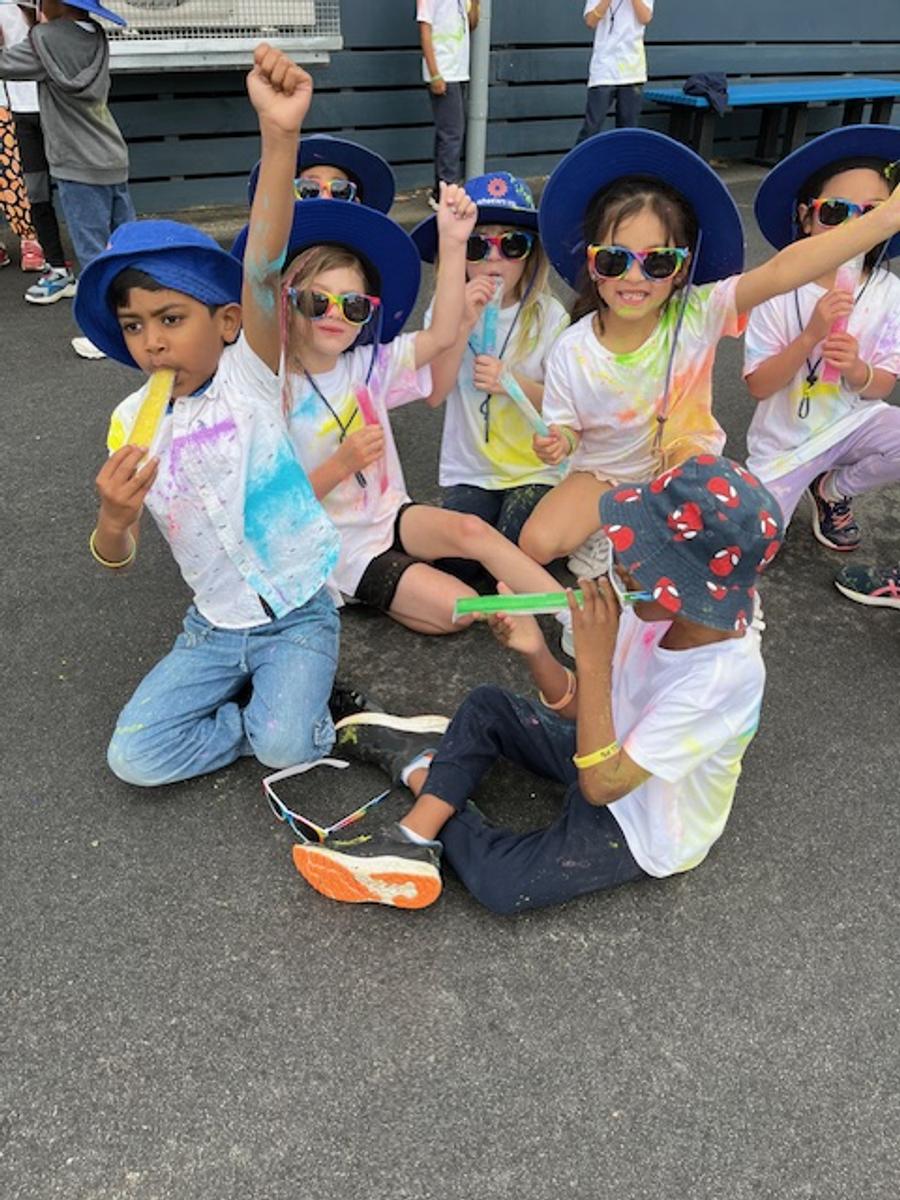
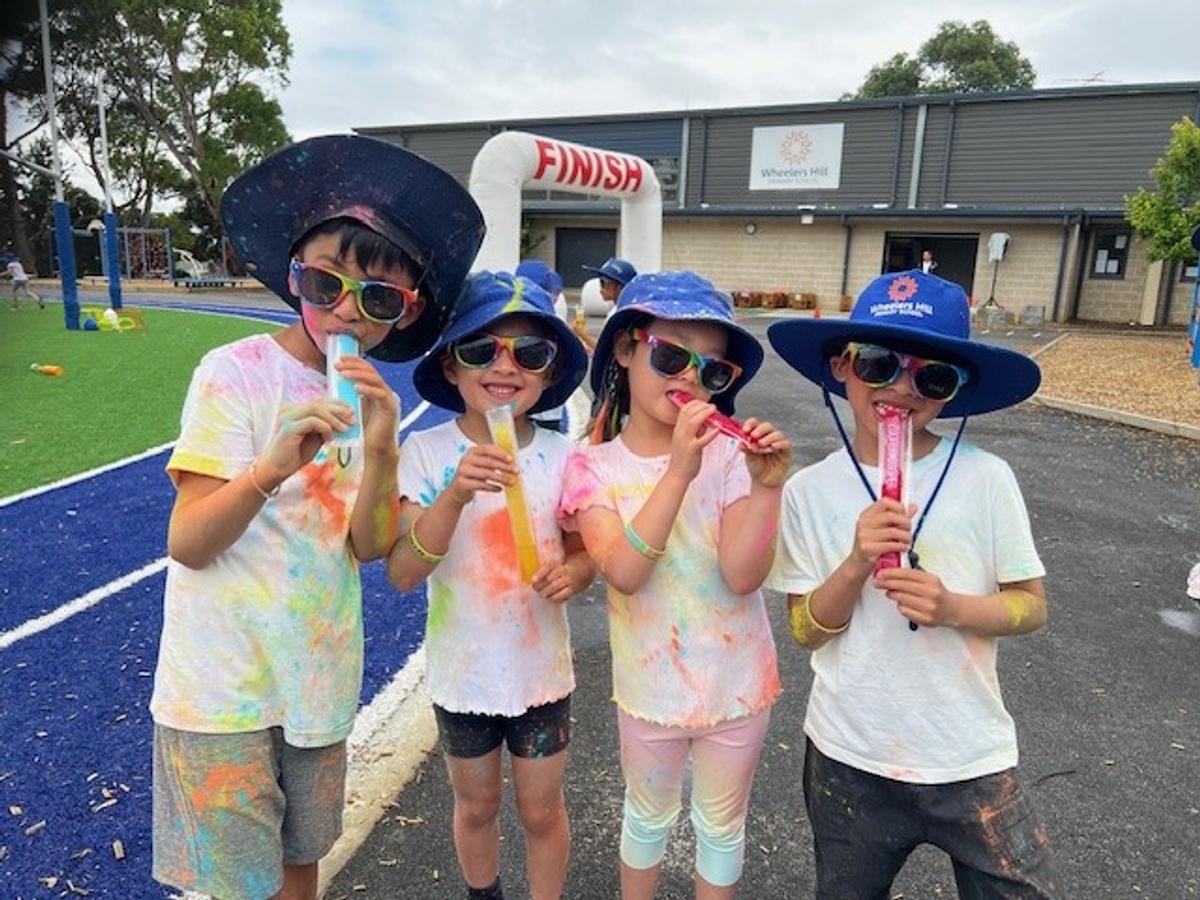

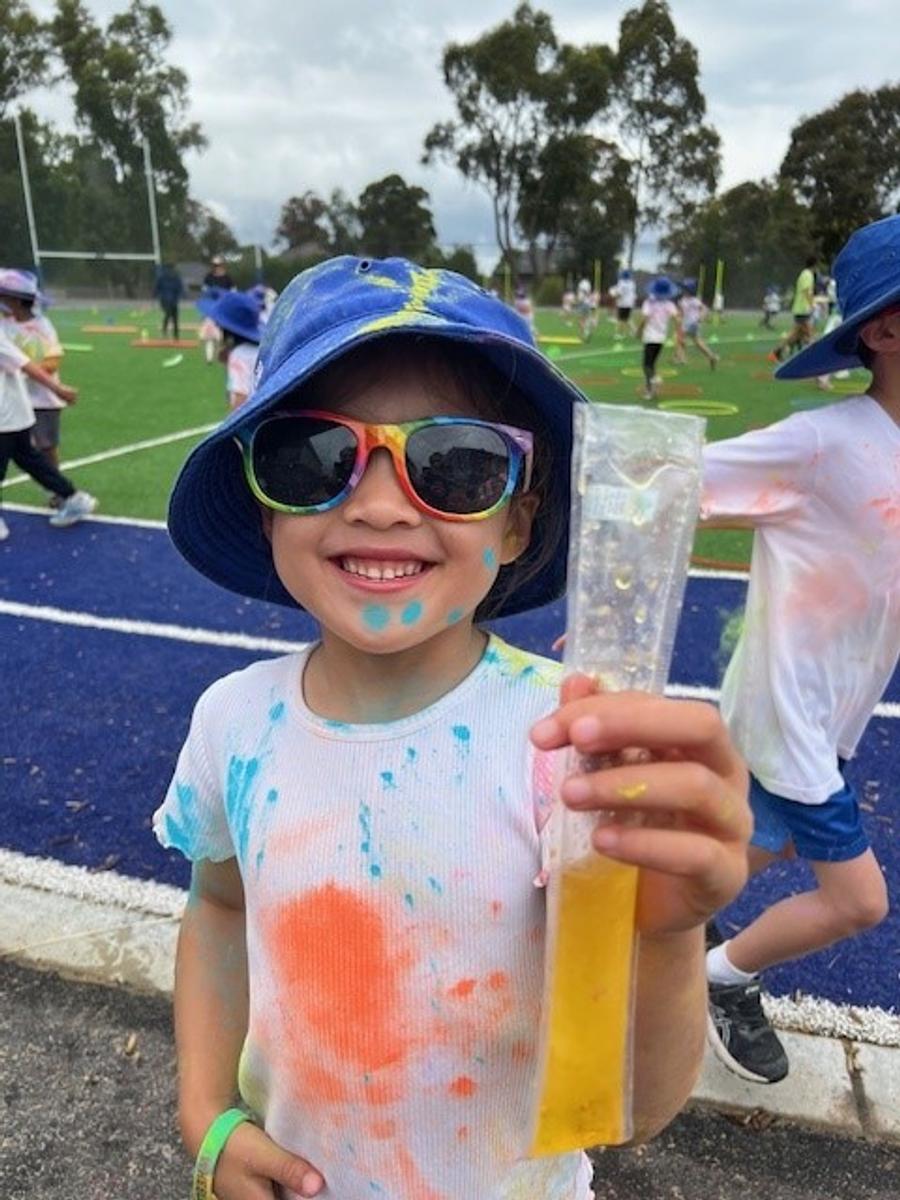
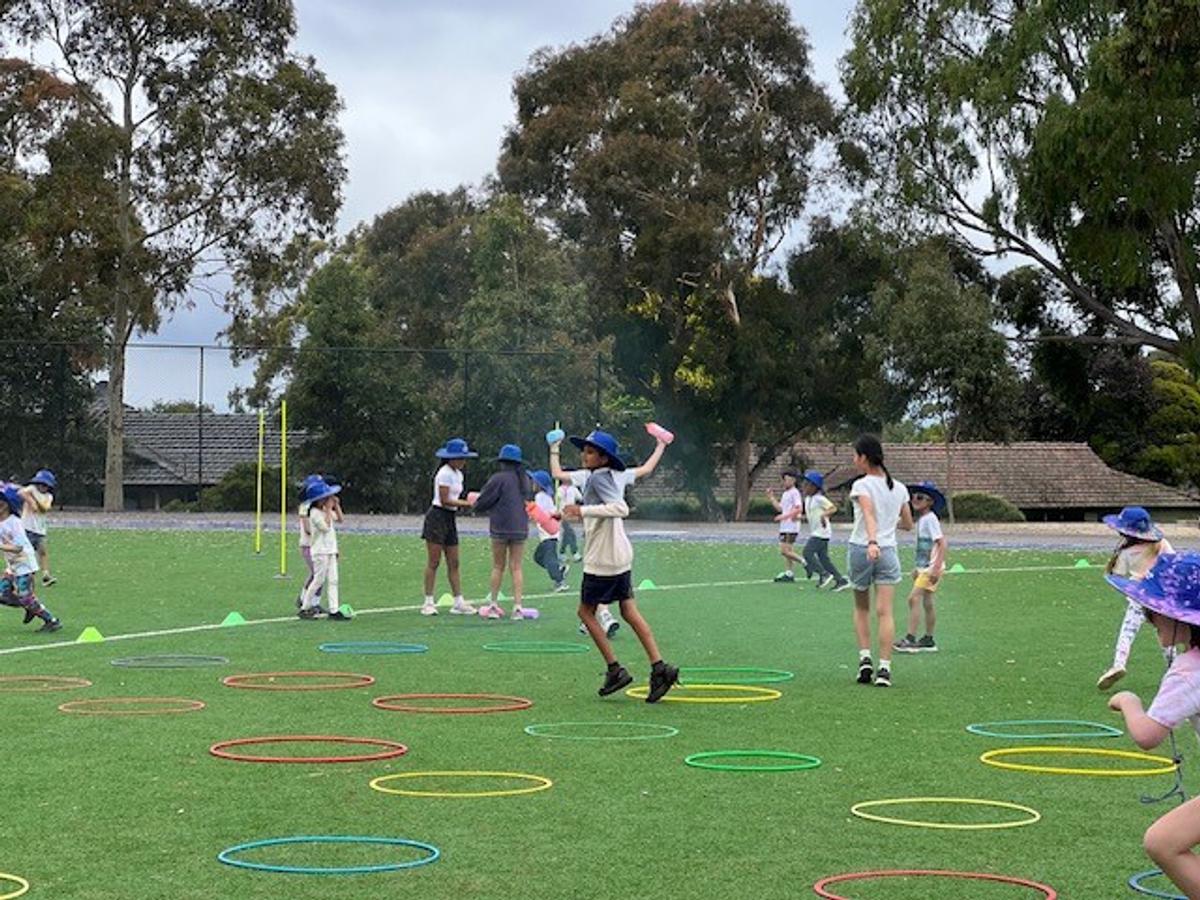

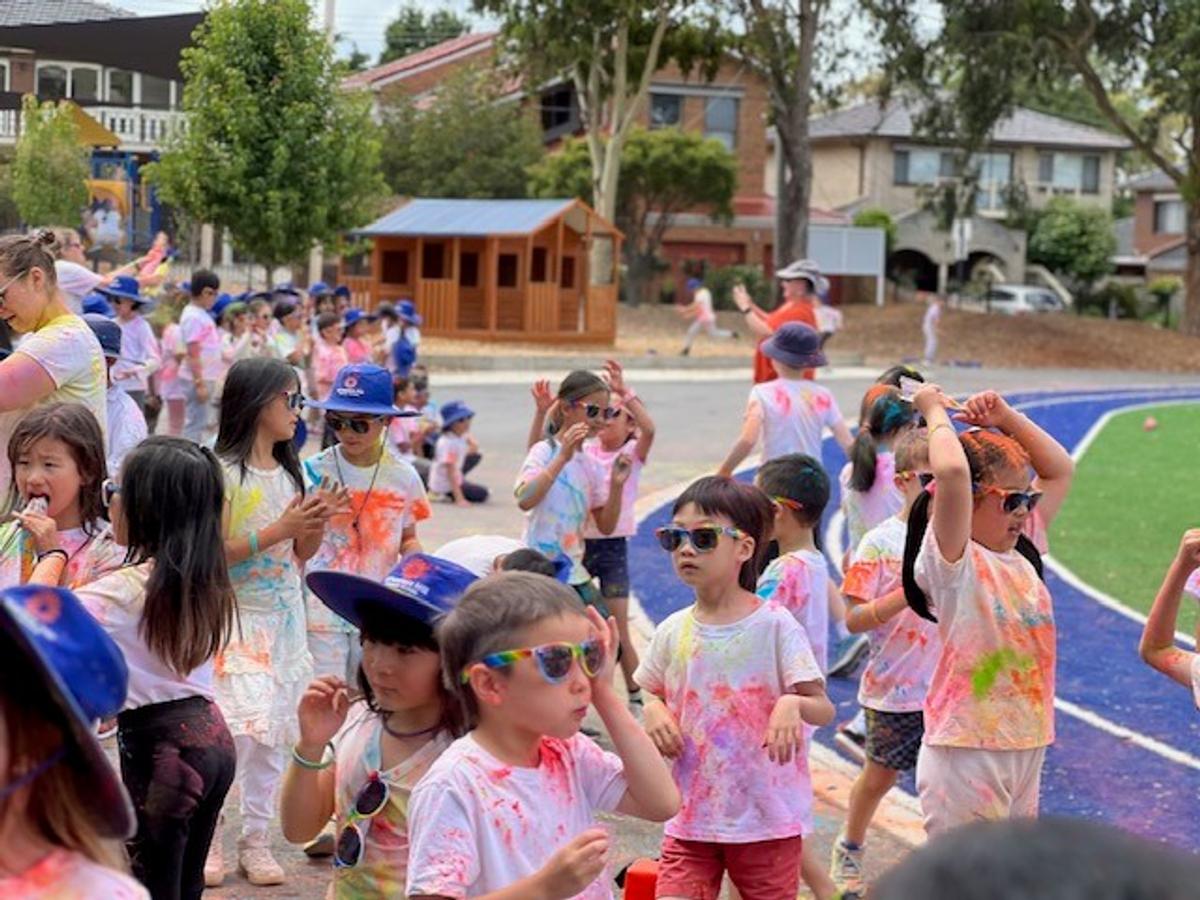


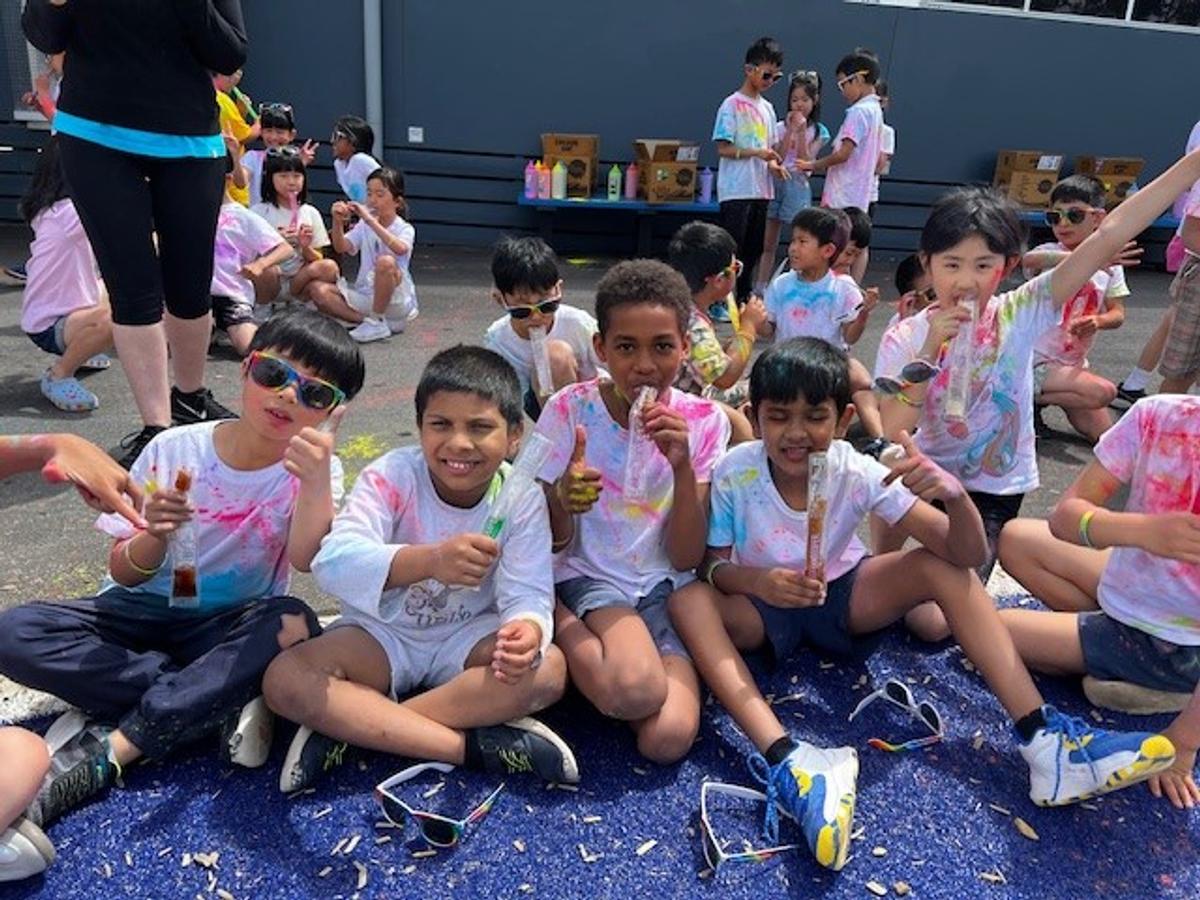
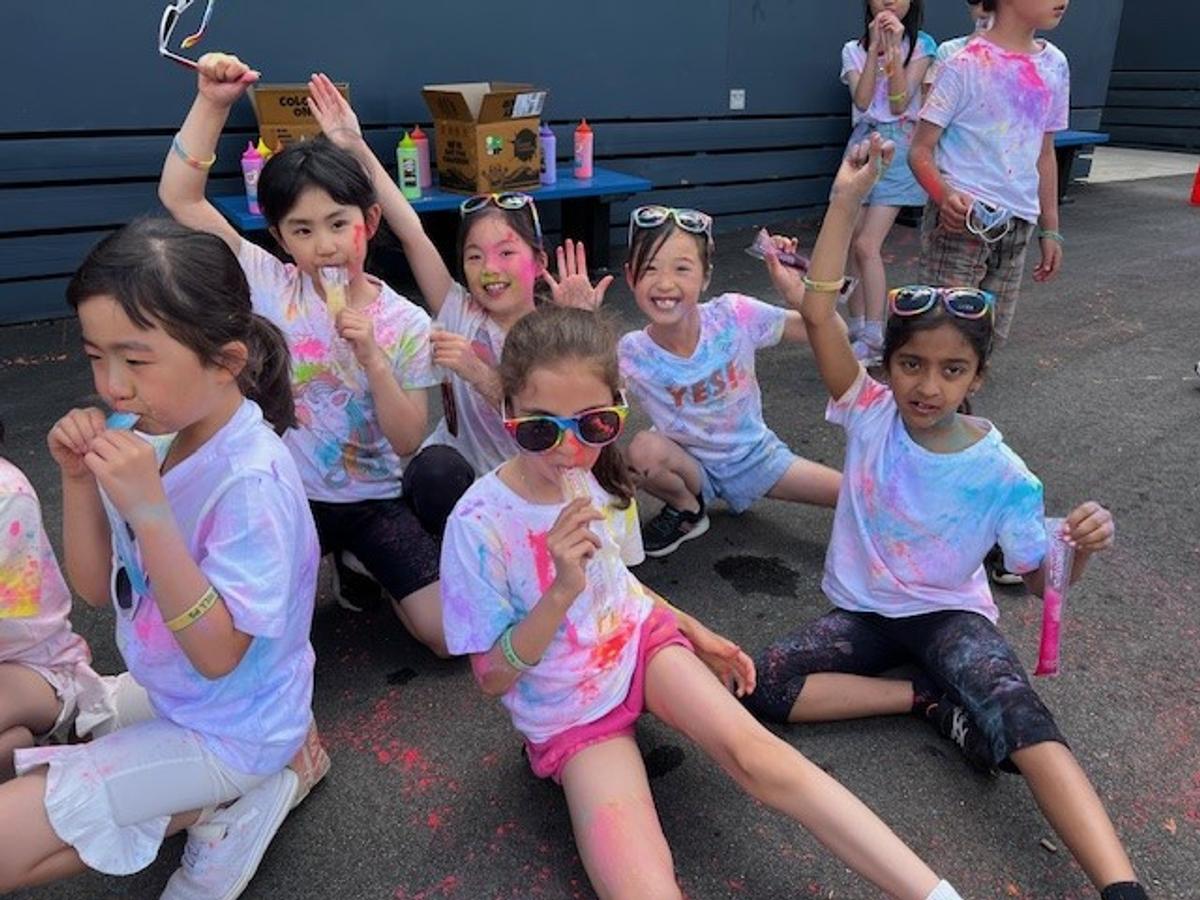
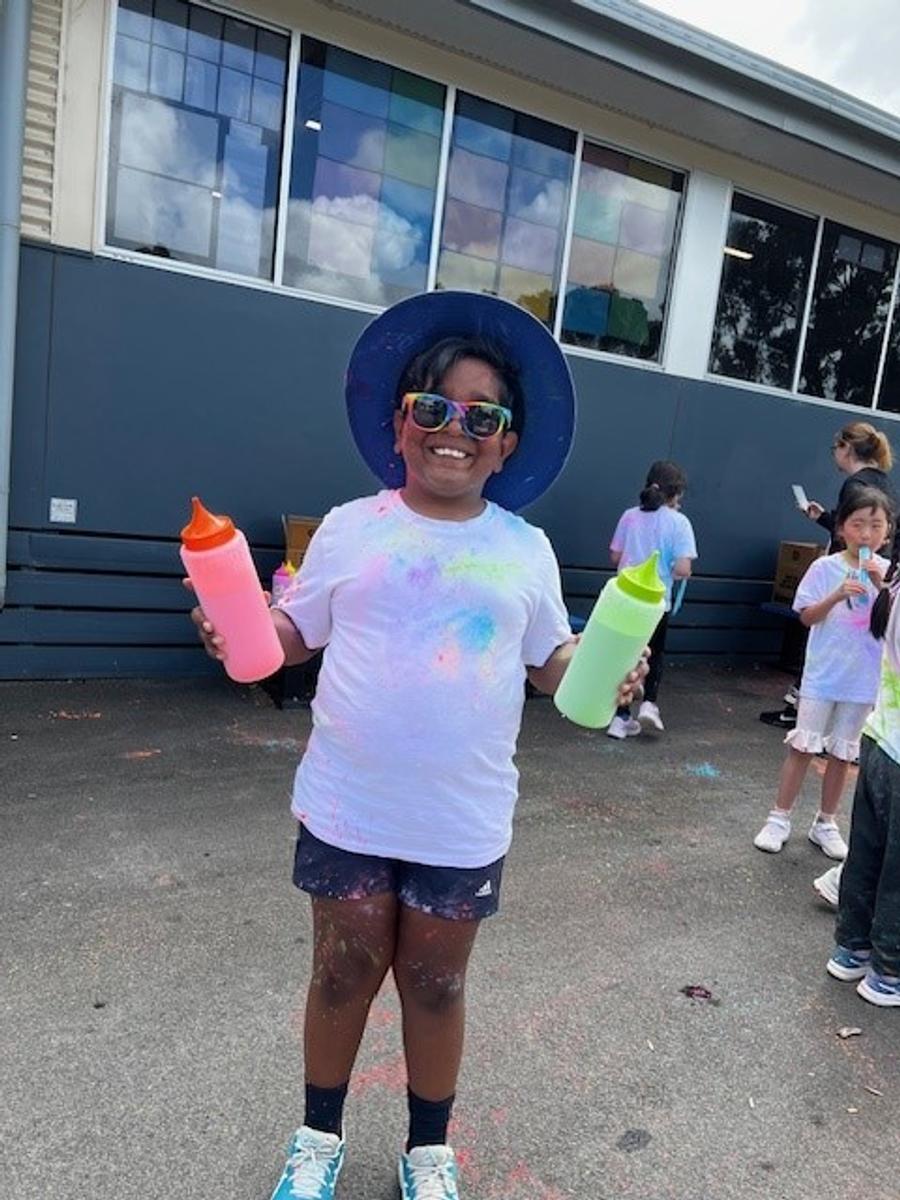
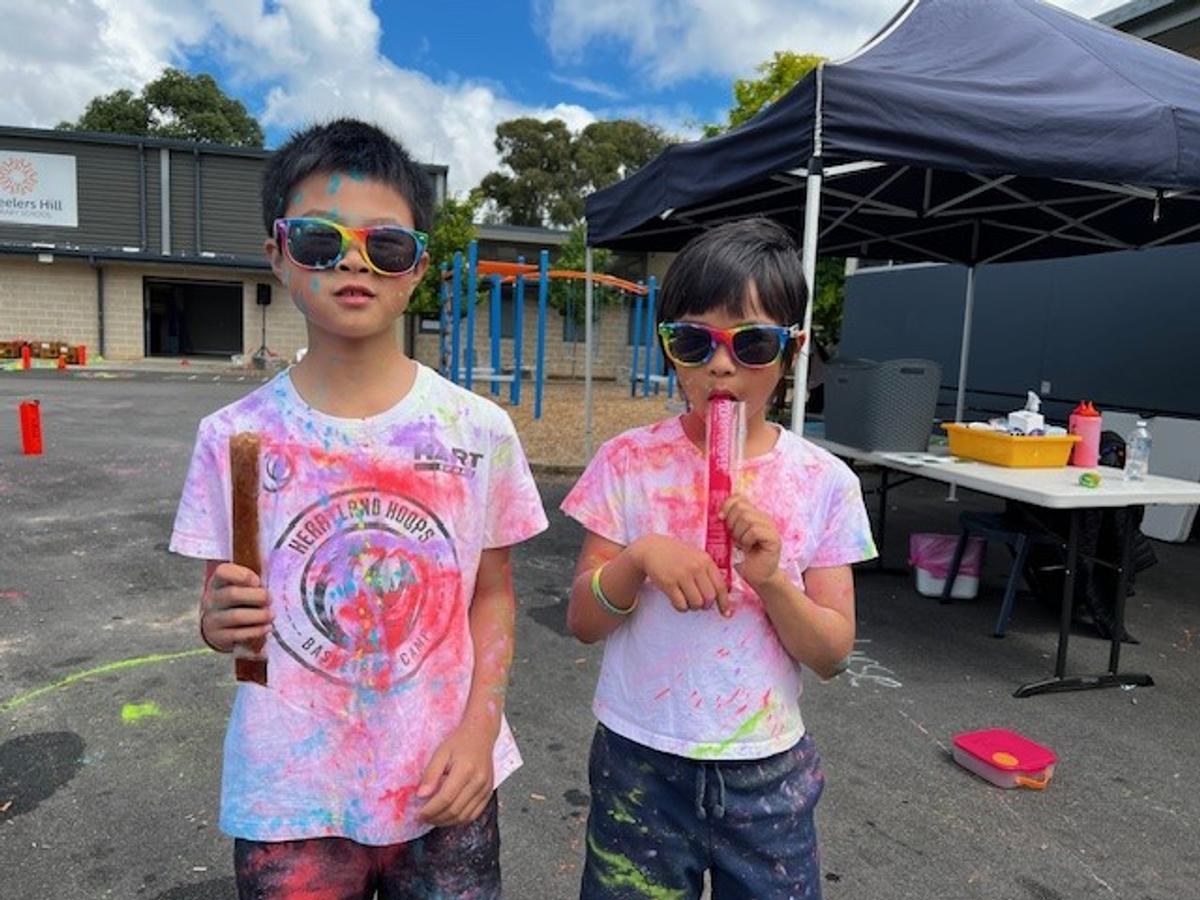
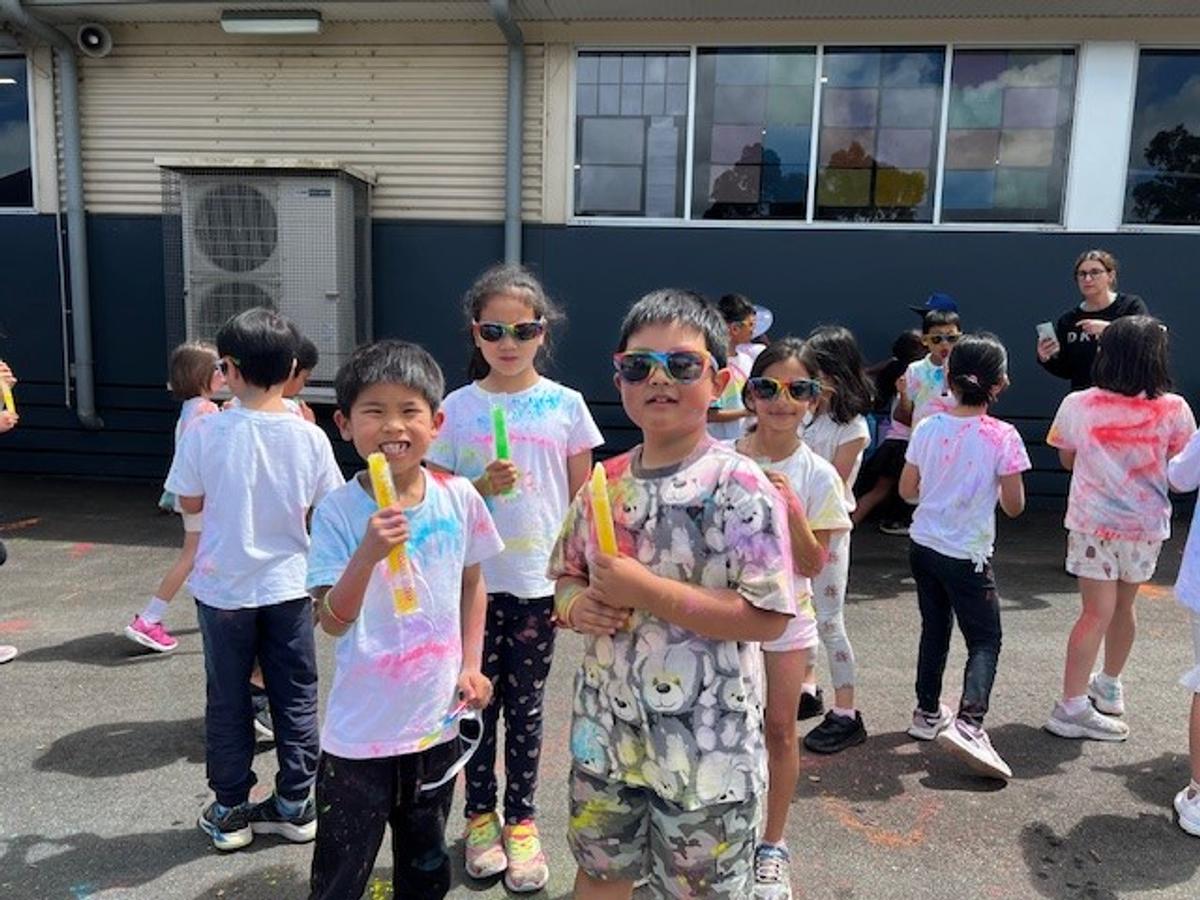

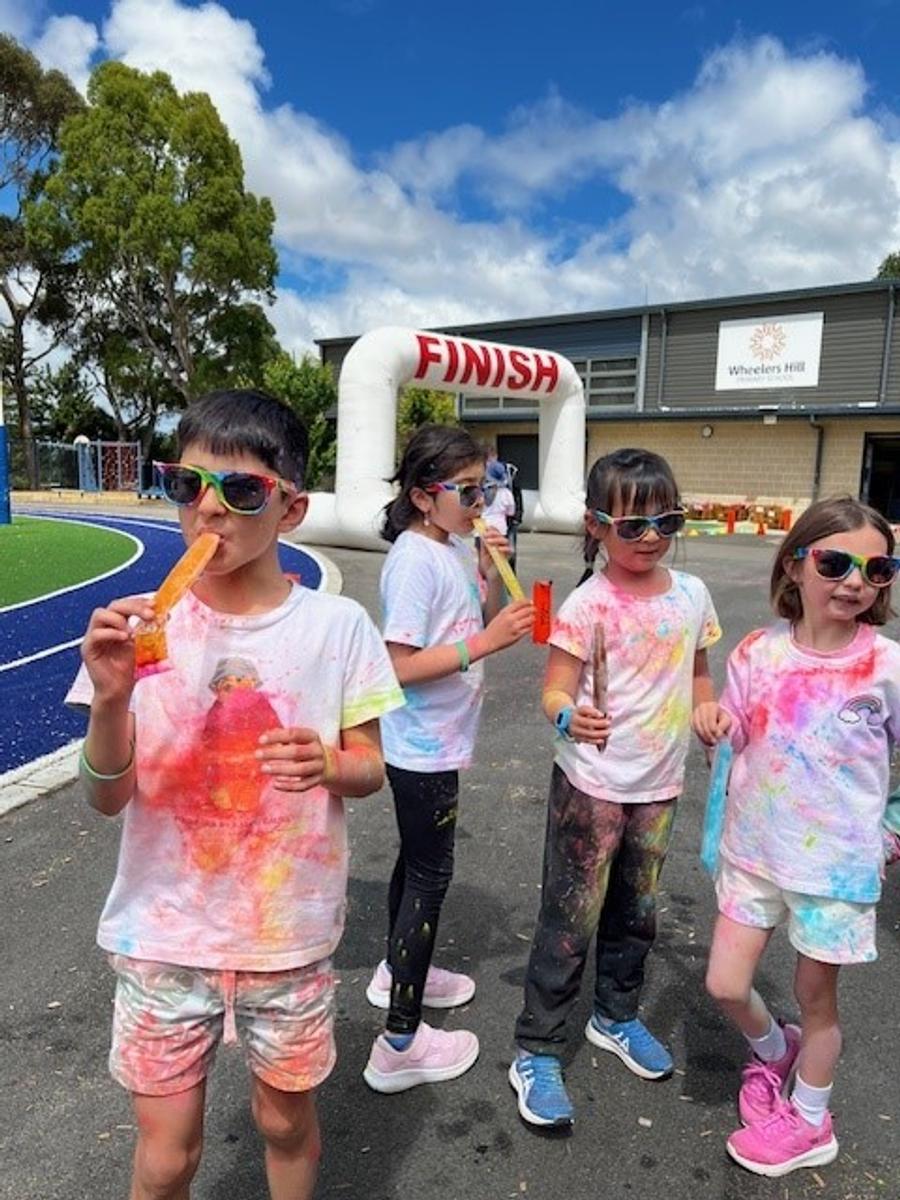
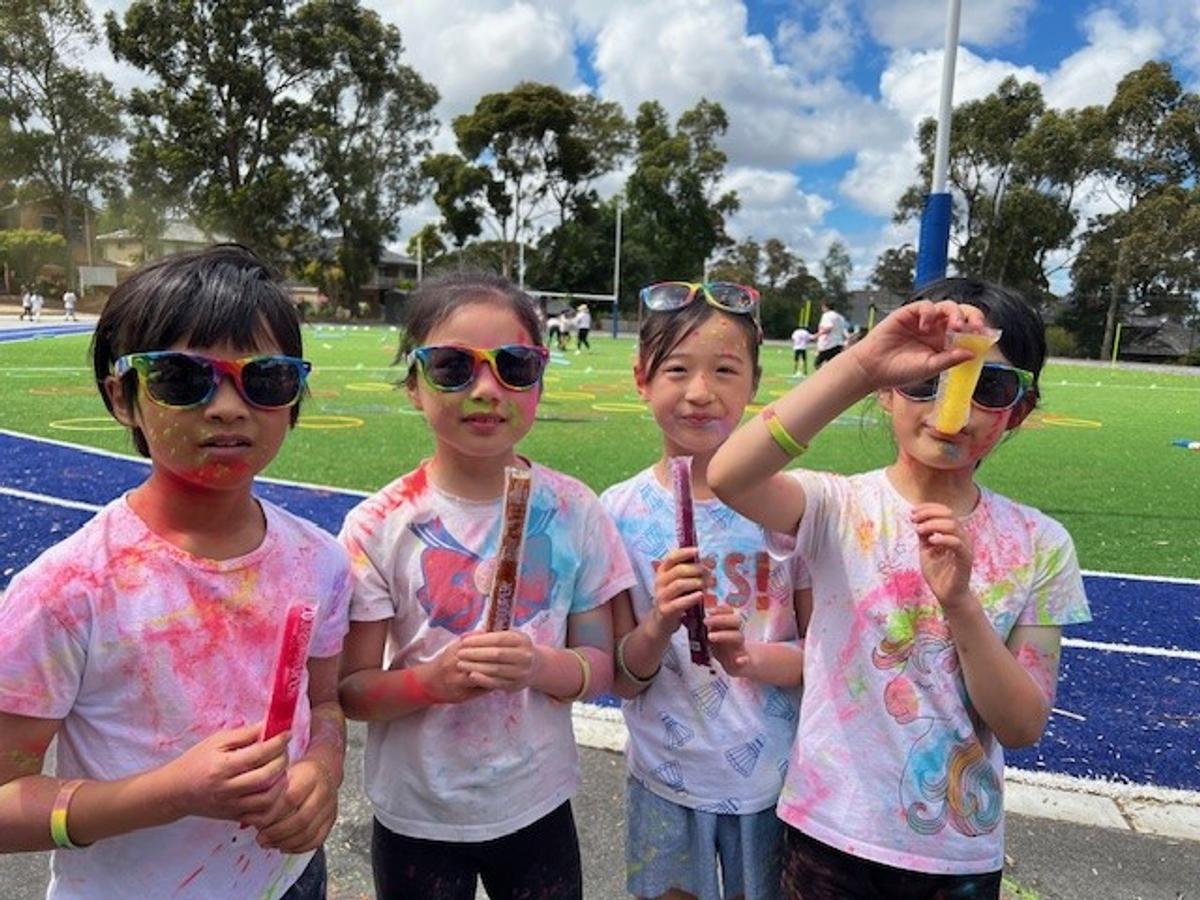
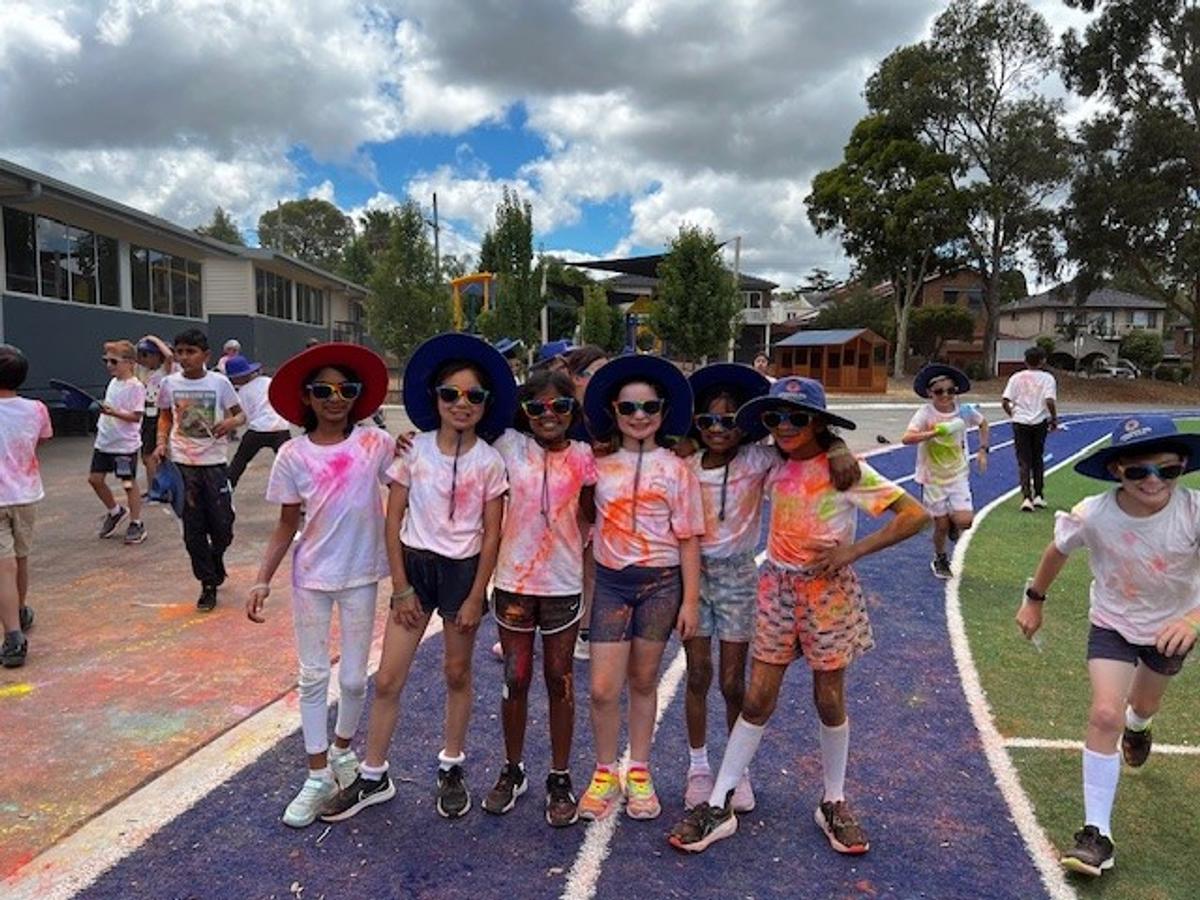
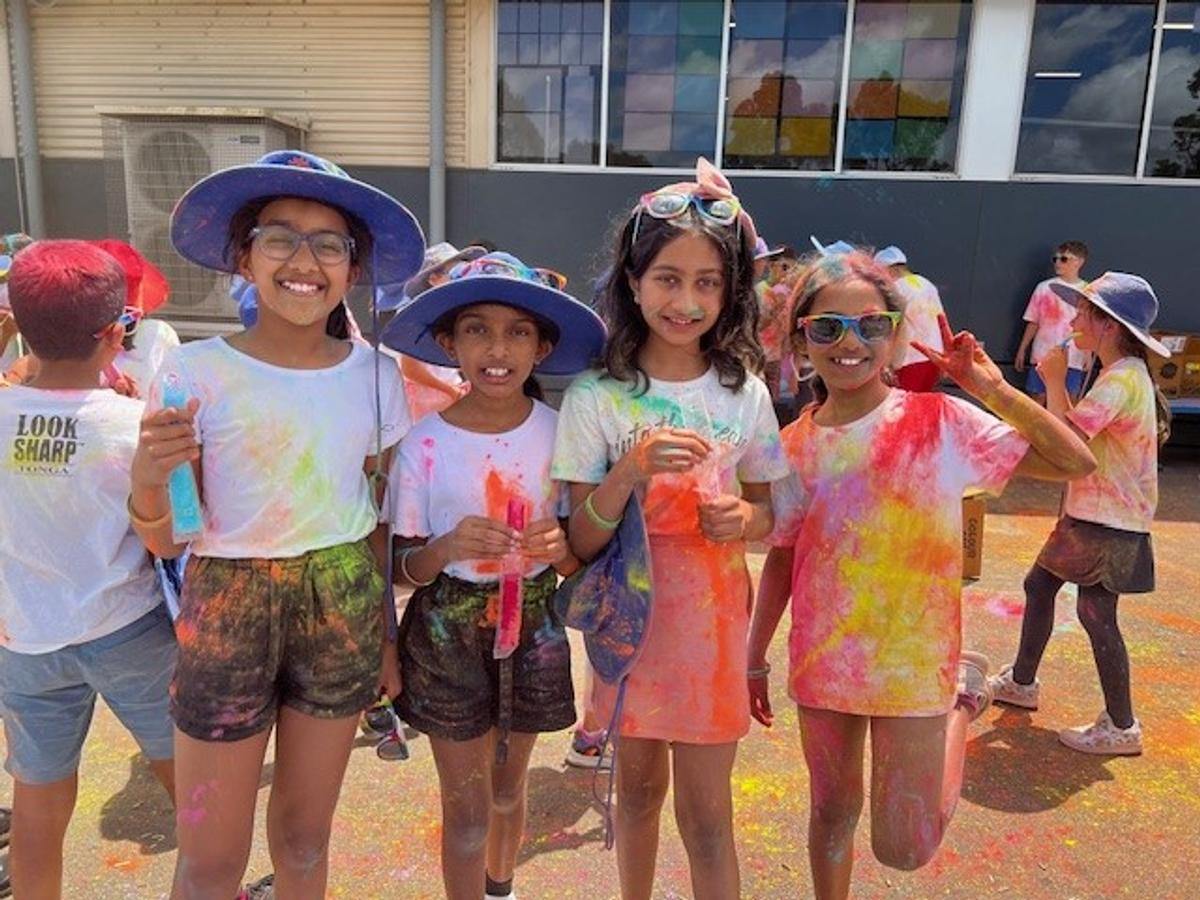



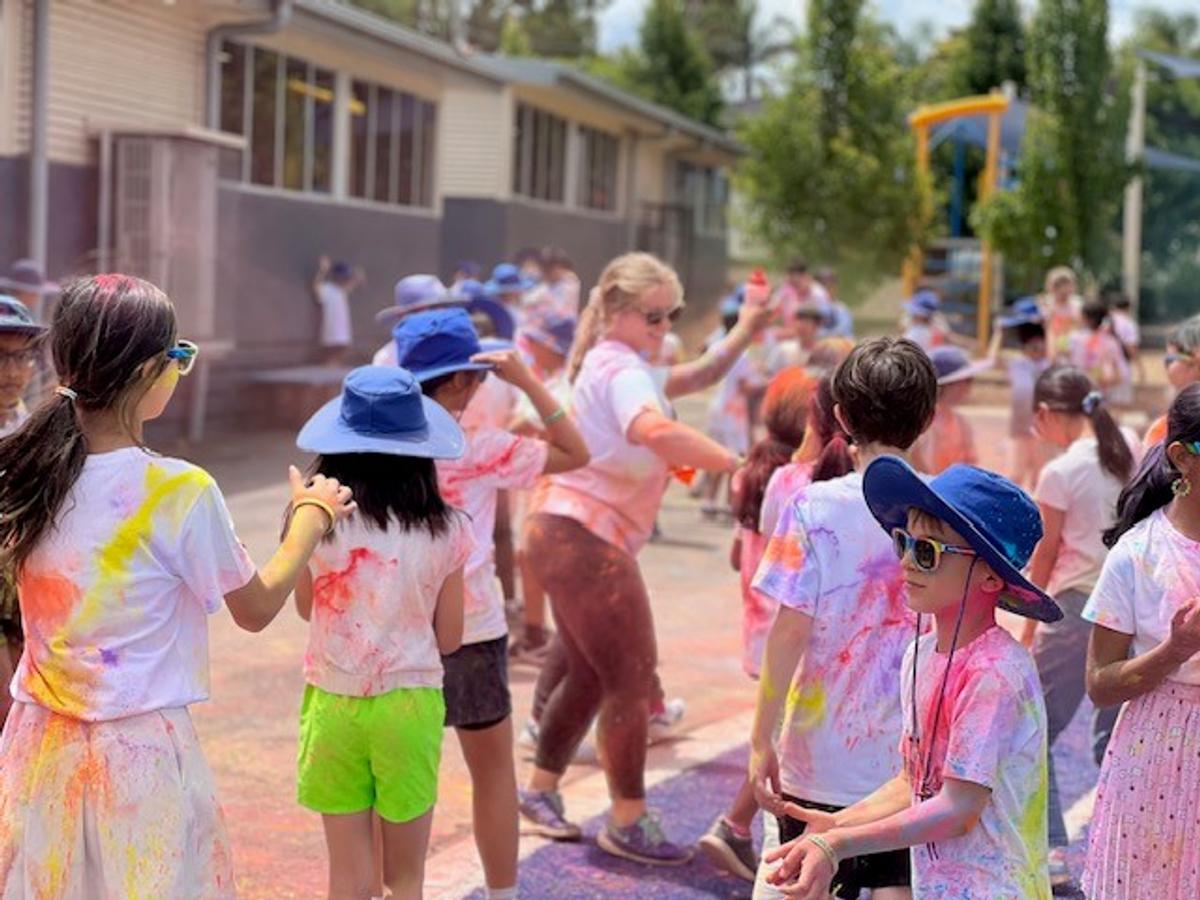


























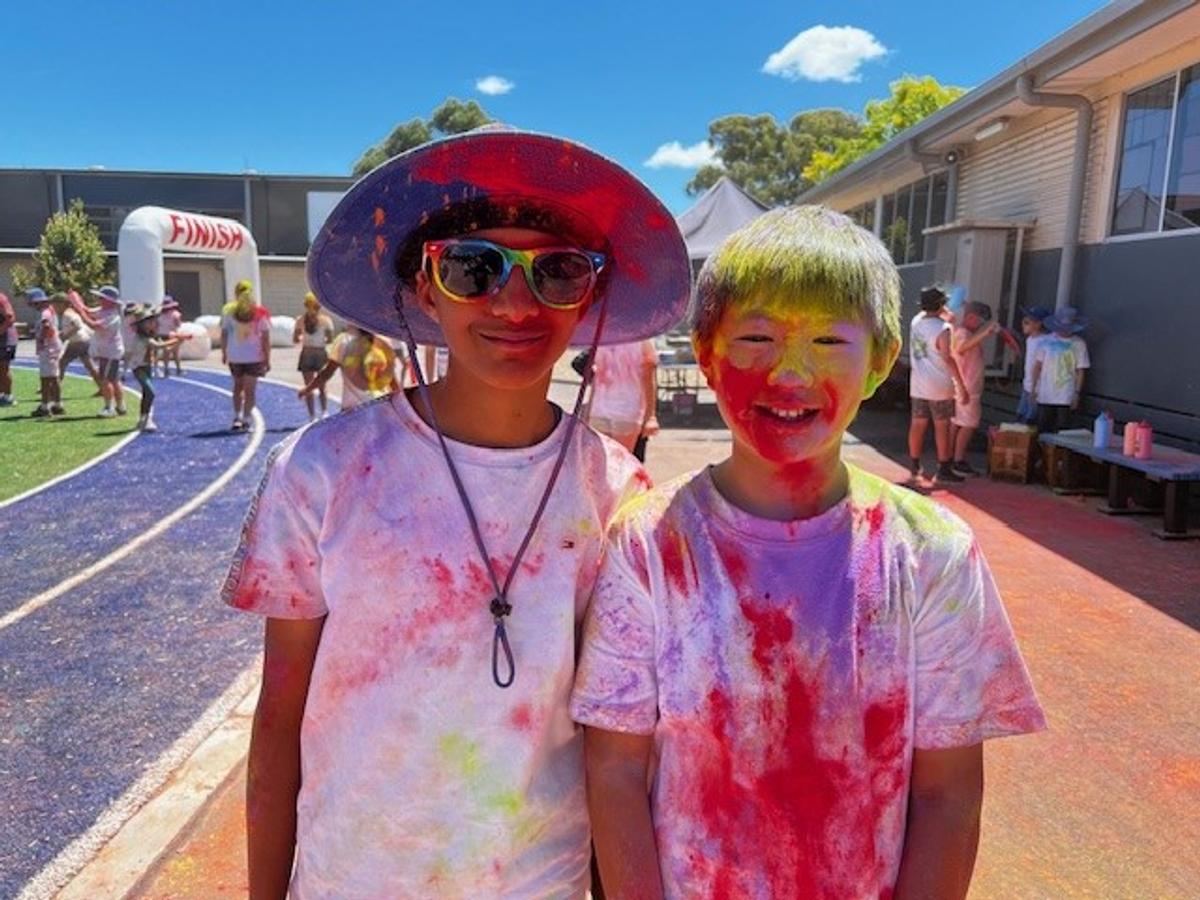
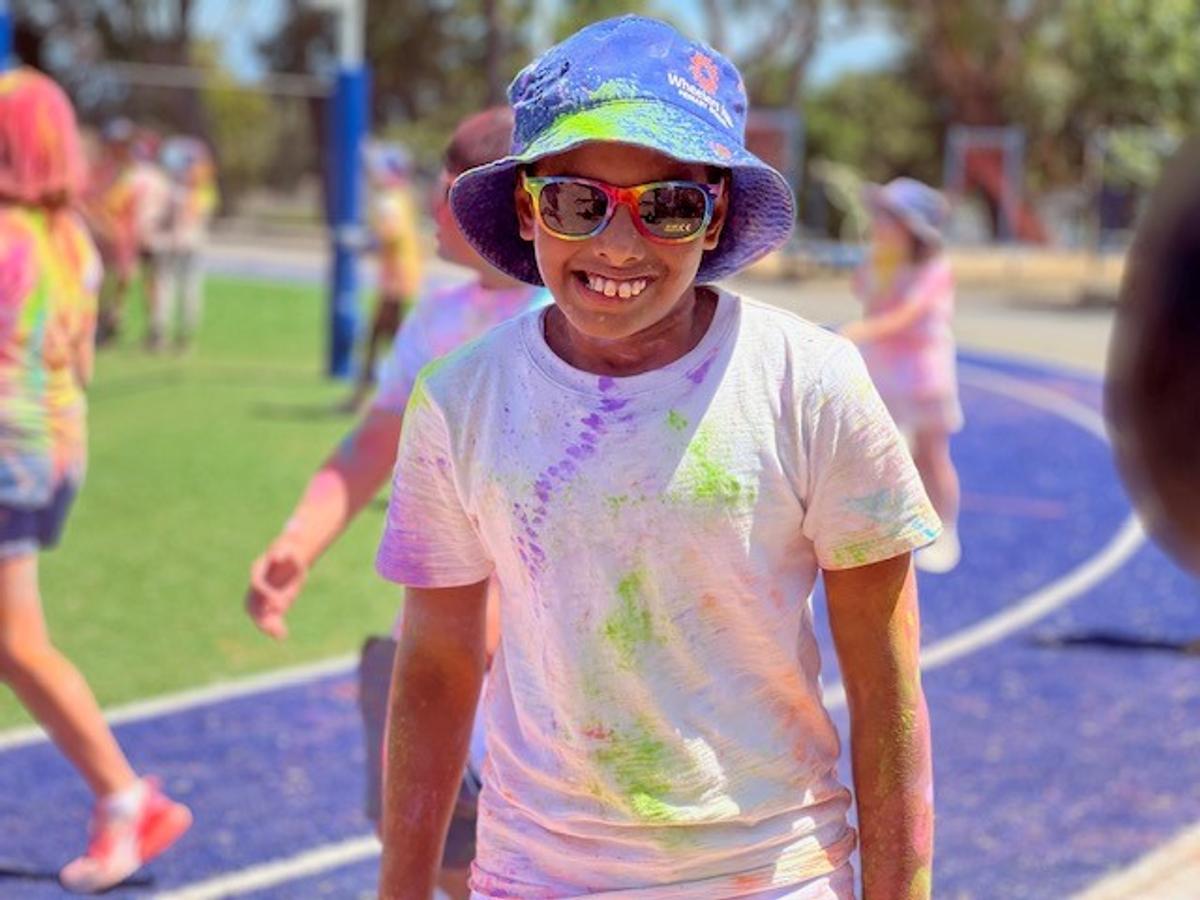

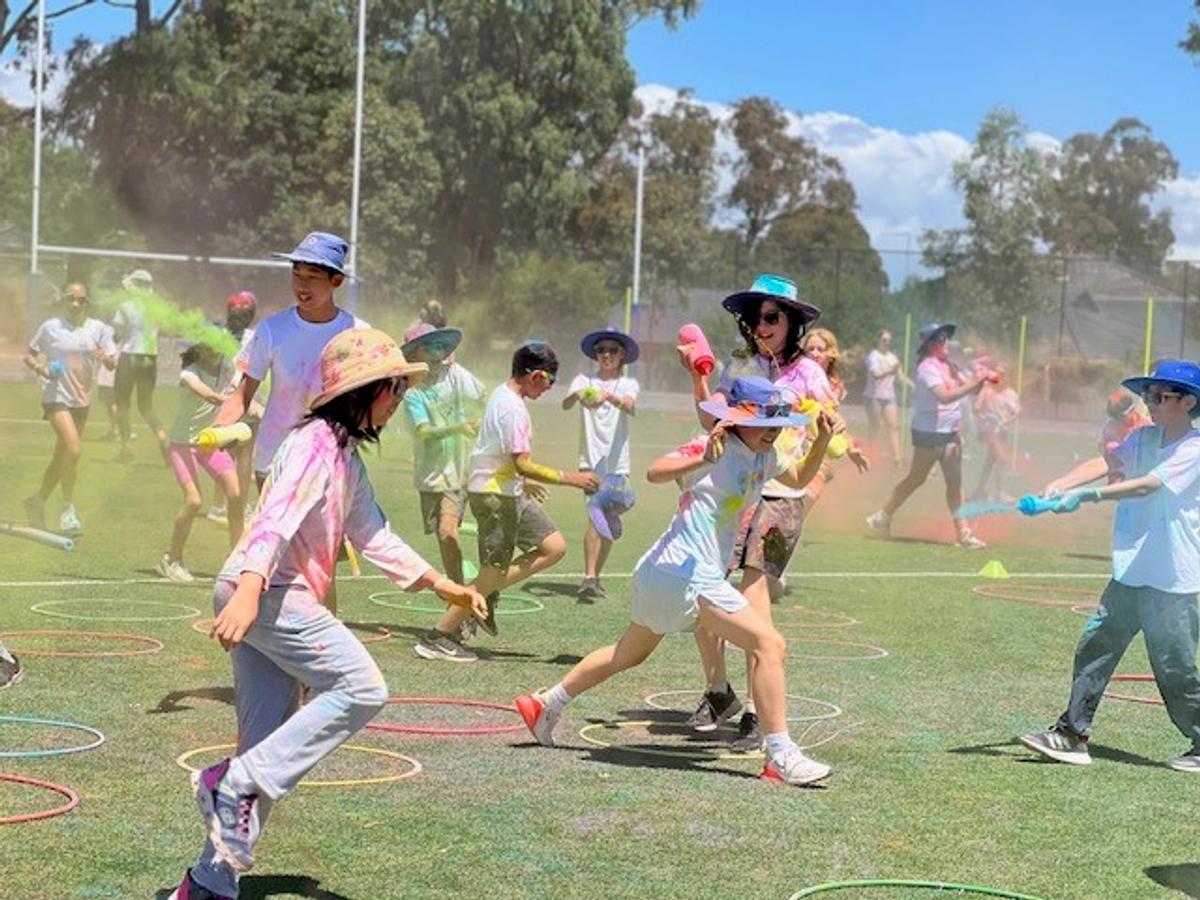
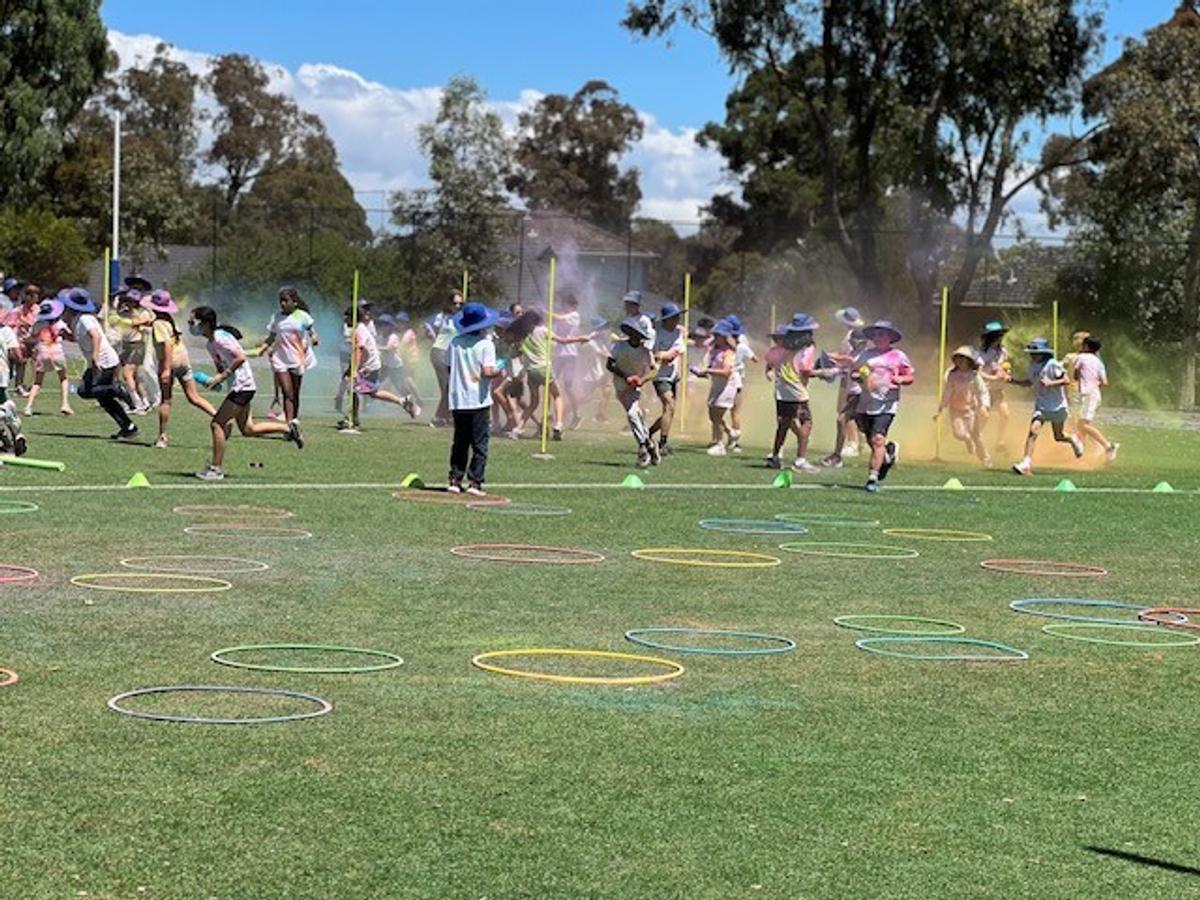







Student voting for our end of term rewards has ended.
The Junior School (P-2) voted overwhelmingly for Zooper Dooper Day, whilst the Senior School (3-6) had the closest vote in WHPS SWPBS history, with Games Day winning by a tiny margin.
SWPBS Rewards Day will be Thursday, 19th December.

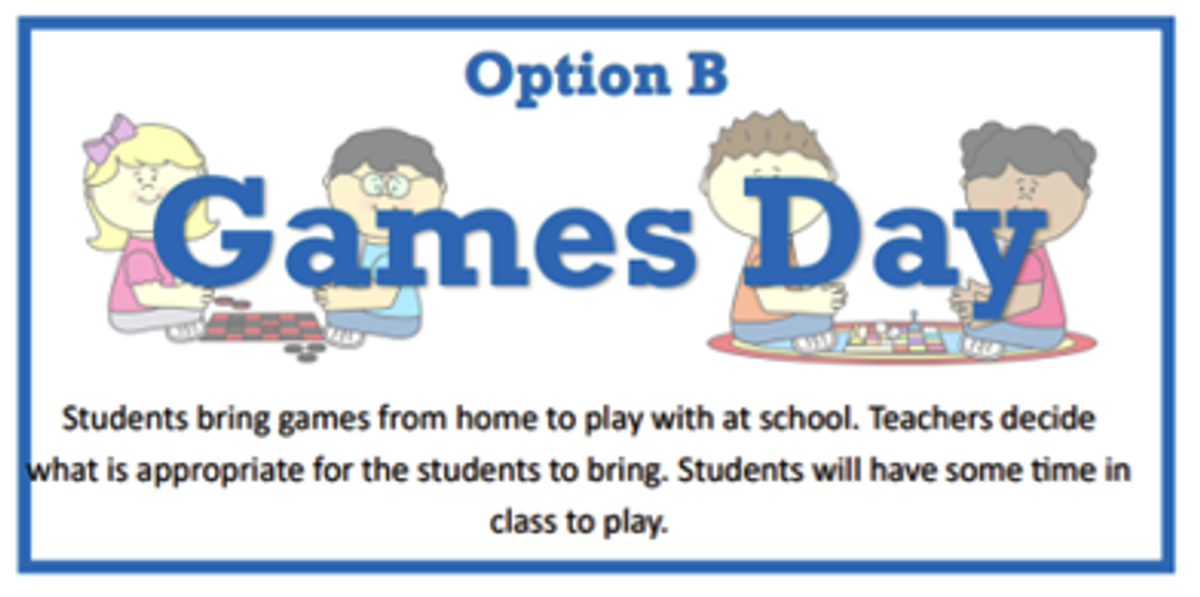


It has come to our attention that some WHPS students in years 5 and 6 are using social media and messaging services such as Snap Chat, Discord and WhatsApp outside of school hours.
Unfortunately, some of the messages our students have been sending to each other are mean and inappropriate and verging on bullying.
Parents who allow their children to use these services MUST provide adequate supervision and ensure that their children are behaving appropriately online. Current regulations state that you must be over 13 to access social media, and, as reported recently in the media, the Australian Government hope to soon ban access to children under 16.
The school strongly recommends parents think carefully about allowing access to social media and messaging services to their primary school aged children.
Katrina Spicer
Assistant Principal for Wellbeing and Inclusion
katrina.spicer@education.vic.gov.au


By Dr Justin Coulson
My two children were fighting. Again.
“Abbie, what’s going on?” Abbie described how Chanel teased her, was mean, and was hurting her. “Chanel, is that true?” I asked the older of the two girls. Her reply was instant. Without meeting my eyes, she said, “No”.
“Chanel, if I were to ask you to pretend to be Abbie and I had you describe what went on, what would you say to me?” Chanel reluctantly took Abbie’s perspective and acknowledged that Abbie would say that “Chanel teased me, was mean, and hurt me.”
A man spoke to a famous speaker after a conference about relationships. “I can’t understand my son. He won’t listen to me.”
The speaker responded, “Let me say back to you what I just heard you tell me. You can’t understand your son because he won’t listen to you.”
“That’s right”, the man confirmed.
The speaker reiterated, “Let me say it again. You can’t understand your son because he won’t listen to you.” He paused as the man stared at him. Then he added, “I thought that to understand your son, you need to listen to him.”
I’ve heard many exasperated parents ask me variations on the same question. “Why is my child like this? Why do they do that? Why can’t they just listen and understand?”
As adults, we have a lot more life experience than children. We’ve seen more, learned more, and faced more challenges. It’s easy to forget what it’s like to see the world through a child’s eyes. Yet when our children feel understood, truly listened to, life works better – for them and for us.
How to better understand your child's perspective:
Sharing your perspective in a helpful way
By remembering to see the world through your child’s eyes, you can build a stronger connection with them and help them navigate life’s challenges with confidence.


Our school subscription to Happy Families allows access to the Happy Families website to all members of our school community.
Families can access the Happy Families website at: https://schools.happyfamilies.com.au/login/whps
Password: happywhps